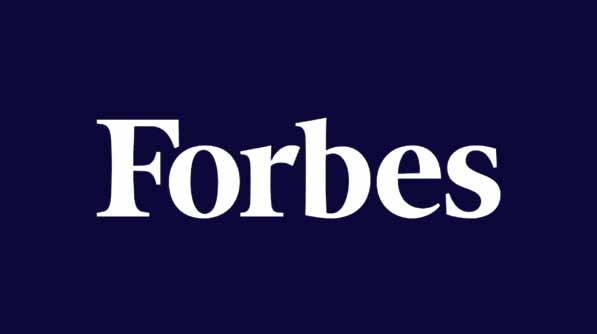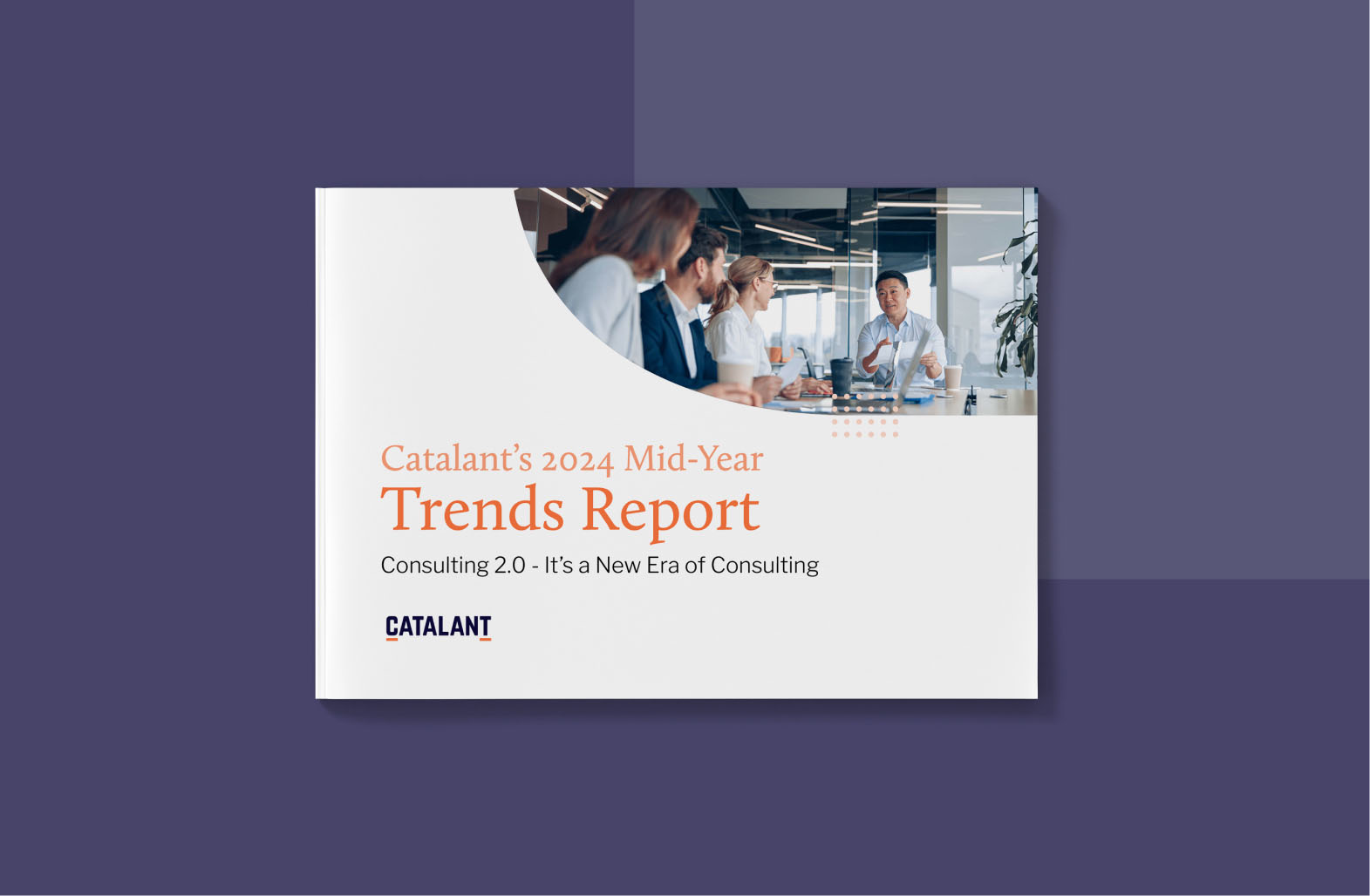strategic solutions
Fit-for-purpose teams of consultants and former operators for large-scale transformation and operations work.
A customized set of pre-qualified Experts ready to work on your most critical initiatives.
Partnerships with senior executives who’ve been in your seat before to think through problems, scope work, or chart a path to solutions.
core capabilities
industries
What is Consulting 2.0?
It is flexible, fit-to-purpose, and fast. Find out more about this modern approach to consulting.
Resource Library
Trending Topics
latest articles
Case Studies
Customer Champions
Leading enterprises and top private equity and consulting firms are leveraging Catalant to deliver on their most important strategic goals.
Explore our mission, values, and how we operate.
Meet our executive team.
Learn about what it's like to work at Catalant.
Get the latest media coverage on Consulting 2.0
Contact Us
Learn how to keep work moving in the face of any challenge.
support for

What is Consulting 2.0?
It is flexible, fit-to-purpose, and fast. Find out more about this modern approach to consulting.
strategic solutions
Catalant Teams
Fit-for-purpose teams of consultants and former operators for large-scale transformation and operations work.
Catalant Benches
A customized set of pre-qualified Experts ready to work on your most critical initiatives.
Catalant Advisory
Partnerships with senior executives who’ve been in your seat before to think through problems, scope work, or chart a path to solutions.
















